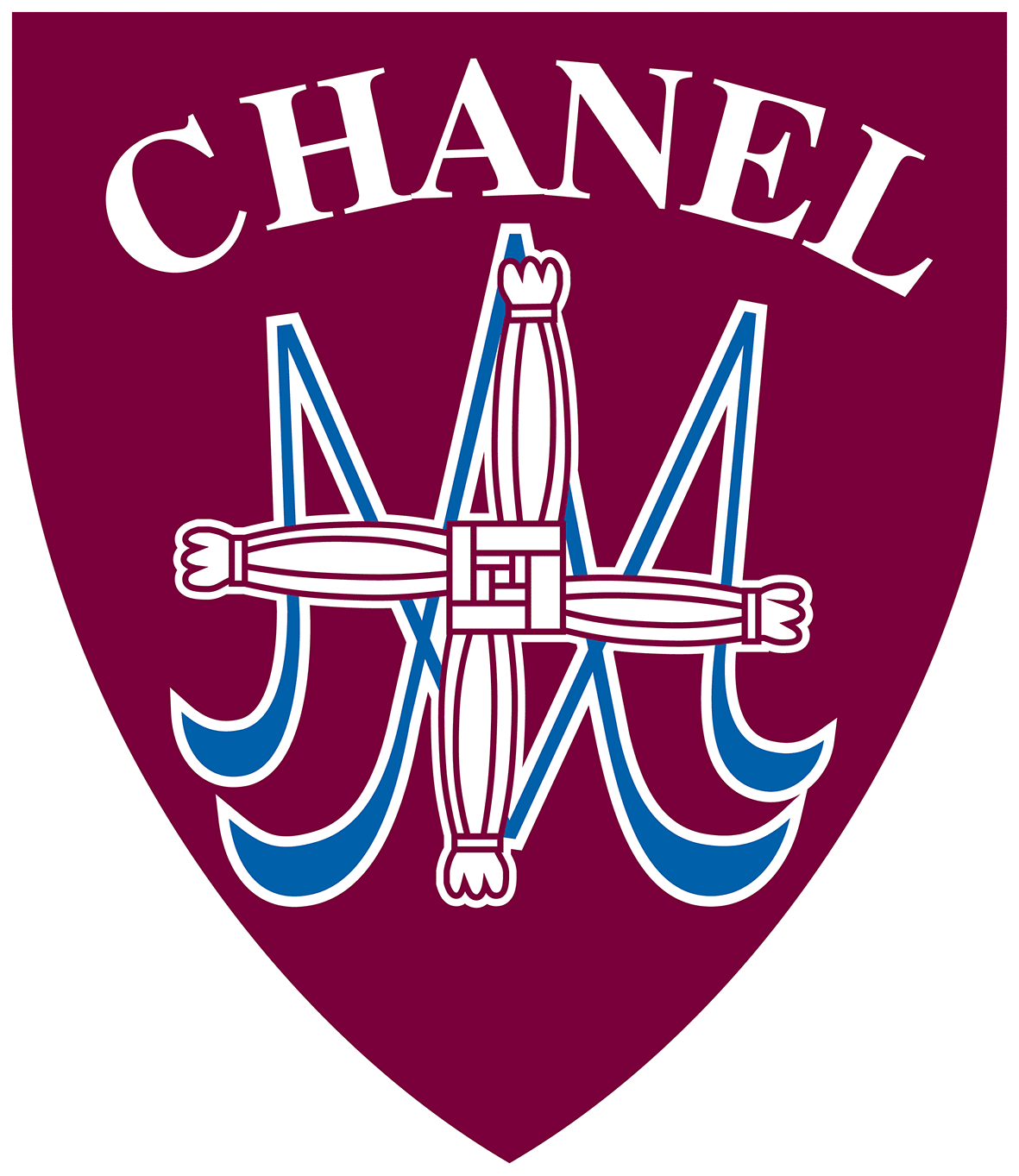Our Learning Approach
How we learn
Our learning approach is centred around each student’s definition of success and their own aspirations. We take an equitable approach to meet students where they are at, and ensure that they receive exactly what they need from our school, whether that’s through curriculum, pathways, sports and/or culture.
All topics are taught from a Catholic social teaching lens, helping students to understand how to be young people who walk the world uniquely, create the future that’s going to be better for everyone, and make their own contributions to society.
This all comes together to grow confident and future-ready Catholic citizens who are connected to their identity, their culture and their passion.
Our youngest students require support and scaffolding as they adjust to life in a secondary school setting. They learn in a collaborative Rōpū setting with 4 qualified and experienced primary teachers who work together to ensure the needs of all students are met.
Curriculum
They teach all core subjects including Reading, Writing, Mathematics, Social Studies/Inquiry and Religious Education within the comfort of their Rōpū space while still having the benefit of access to subject specialist Physical Education, Science, Te Reo Māori, Technology and Art teachers and spaces.
Technology And Arts Projects
Yr 7&8 students are taught Technology and Art subjects on a termly rotation allowing for a taster and exposure to the skills and knowledge of each discipline.
In their first year as secondary students, we understand that our Year 9 ākonga require support and scaffolding as they adjust to life in a secondary school setting. They learn in a collaborative Rōpū setting with a team of qualified and experienced teachers who are skilled in integrating the curriculum. They work together to ensure the needs of all students are met.
Curriculum
They teach all core subjects including English, Mathematics, Social Studies/Inquiry and Religious Education.
Yr 9 students then get the benefits of having subject specialist Physical Education, Science, Technology & Art, Te Reo Māori, teachers and spaces.
Technology And Arts Projects
Year 9 students choose a half year, integrated Technology & Arts Project. The subject areas collaborate on a shared context and the projects culminate into a showcase event at the end of the semester.
Year 10 ākonga choose a Kaupapa (theme). The contexts of all of their subject classes are then taught connected to this kaupapa. All students in the class have the opportunity to sit NCEA assessments.
Curriculum
They study Religious Education, English, Mathematics, Science, Social Studies, Physical Education and Technology & Arts Projects.
Technology And Arts Projects
Year 10 students choose a half-year, integrated Technology & Arts Project. The subject areas collaborate on a shared context and the projects culminate into a showcase event at the end of the semester.
Our Year 11-13 students have settled into their college life and our community, and are now becoming the senior students and leaders within the school. During this time they are also starting to consider their own future pathways and what’s next for them beyond college life.
These students choose a total of five subjects including Religious Education and four elective courses, which can be semester or year-long courses. Students are able to delve deeper into the subjects that they have undertaken earlier and/or try new subjects that may be of interest.
